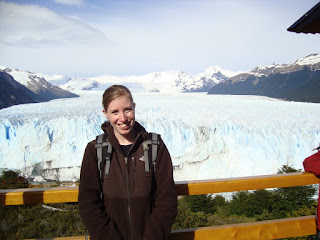Sunday call
 There is nothing quite like a morning amputation to make your day feel productive. By lunchtime you have already rounded on all the patients, redressed the wounds, updated the orders, written progress notes and removed a person's limb. Call it macabre, but that's a lot of to-do list items checked off.
There is nothing quite like a morning amputation to make your day feel productive. By lunchtime you have already rounded on all the patients, redressed the wounds, updated the orders, written progress notes and removed a person's limb. Call it macabre, but that's a lot of to-do list items checked off.
Amputations feel so satisfying because you can physically see the work (unlike a stent or graft where all the work is interior). They are also extremely quick surgeries; you bove through the skin/muscle, saw through the bone, clean up the edges and sew a skin flap. Done and done. From induction to reversal, taking off this guy's forefoot took one hour. And yes, they let me cut through some bone. There was a lot more spatter than with the above-the-knee I did last week. This time I had blood spray on my goggles and mask (cool).
The picture is an x-ray s/p (after) a transmetatarsal amputation. People lose their forefoot and have special shoe inserts that help them with ambulation.
There is another guy on the floor at the moment who had a bypass graft done earlier this week. It's a high risk graft, which means there is a strong likelihood the graft will clot off. More of a when than if. To extend the life of the graft we put the patients on coumadin. Well, this guy really doesn't want to take it in case it causes some nausea. SERIOUSLY? How is this a decision? Take the coumadin +/- a anti-emetic and keep the leg for a few years vs. don't take coumadin and lose the leg in weeks. He has to think about this?




